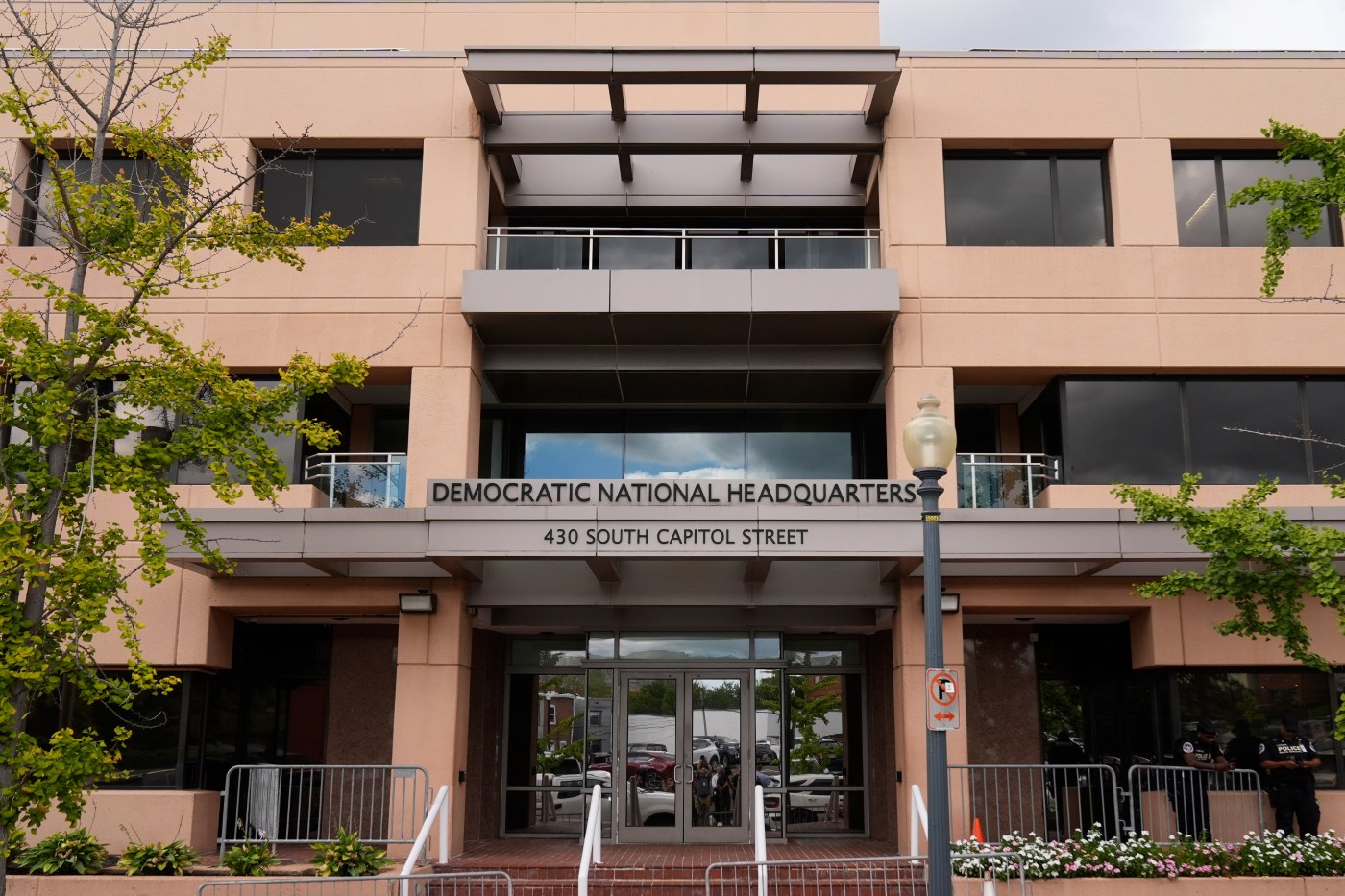The City of Boston has filed a motion to dismiss a federal lawsuit initiated by the U.S. government, which challenges the city’s sanctuary city policy. This move, made on Monday, asserts that Boston’s policy is constitutionally protected and does not conflict with federal immigration law. The city argues that the lawsuit, brought forth by the Department of Justice, fails to demonstrate any legal conflict with the federal regulations outlined in the Immigration and Nationality Act.
The Trust Act, enacted by the Boston City Council in 2014, directs the Boston Police Department to prioritize criminal law enforcement while leaving civil immigration enforcement to federal authorities. As stated in Boston’s legal filing, “This structure is not, and could not be, in conflict with or preempted by the Immigration and Nationality Act.” The city maintains that the Trust Act is a legitimate exercise of its authority under the Tenth Amendment, which reserves powers not granted to the federal government for the states and localities.
The federal lawsuit, filed last Thursday in Boston federal court, targets the City of Boston, Mayor Michelle Wu, the Boston Police Department, and Police Commissioner Michael Cox. The Department of Justice contends that local policies like the Trust Act obstruct the federal government’s ability to enforce immigration laws.
Boston’s Trust Act limits collaboration between local law enforcement and U.S. Immigration and Customs Enforcement (ICE) regarding civil immigration detainers, while still allowing for cooperation on criminal matters. In its motion to dismiss, the city requests the court to reject the complaint, referencing similar cases in Illinois and New Jersey, which were dismissed in district courts due to lack of merit.
The city’s motion emphasizes that the Trust Act has enhanced public safety by ensuring that residents, regardless of their immigration status, feel secure in reporting crimes and accessing city services. According to the motion, “(D)espite the clear success and legality of the Trust Act, the United States now seeks to override the Act by pressing Supremacy Clause claims…against other jurisdictions.”
In a statement made in September, U.S. Attorney General Pam Bondi criticized Boston, labeling it “among the worst sanctuary offenders in America.” Bondi argued that the city has implemented policies designed to undermine law enforcement efforts related to illegal immigration.
Boston’s legal response counters the federal interpretation of the Immigration and Nationality Act, arguing that it allows but does not mandate local participation in immigration enforcement. The city’s motion asserts that enforcing such participation would violate the Tenth Amendment.
The Boston motion describes the federal lawsuit as “overbroad” and misinterpreting the law, suggesting that the complaint’s interpretation would impose unreasonable limitations on local governance. It argues that the Trust Act does not regulate the federal government but merely sets boundaries for local enforcement actions.
Additionally, the city seeks to remove Mayor Wu, Police Commissioner Cox, and the Boston Police Department from the lawsuit, claiming the complaint does not adequately establish their roles as defendants. The motion concludes with a call for the court to dismiss the complaint with prejudice, reinforcing Boston’s stance on its legal authority regarding local immigration policies.
The ongoing legal battle reflects the broader national debate over sanctuary cities and their role in immigration enforcement. As the court proceedings unfold, the implications for Boston’s policy and similar measures across the country could have significant ramifications for local government authority in immigration matters.







